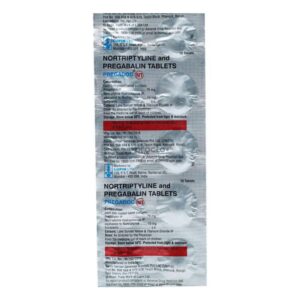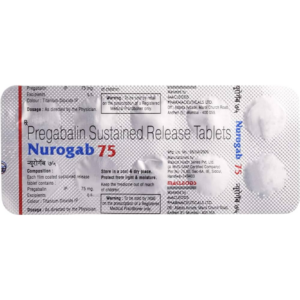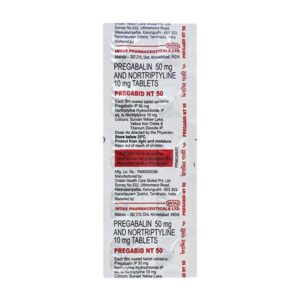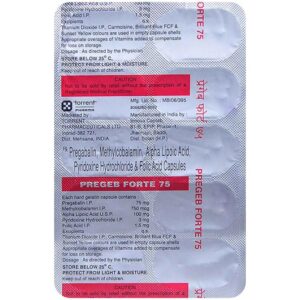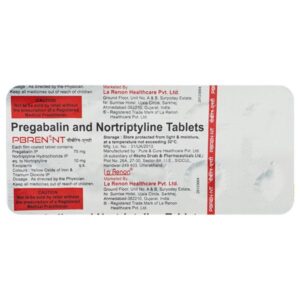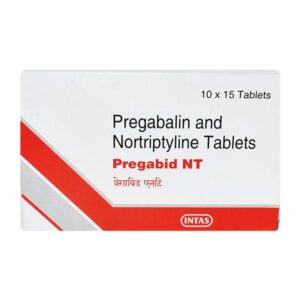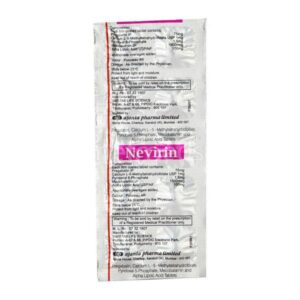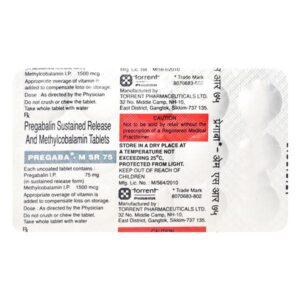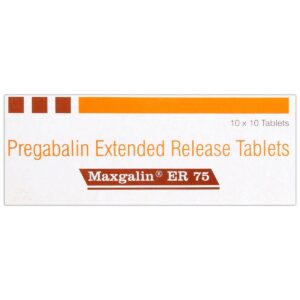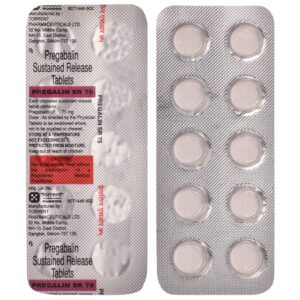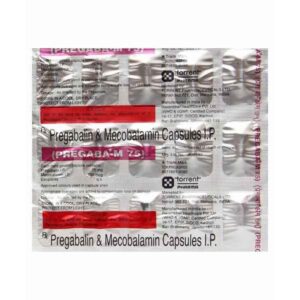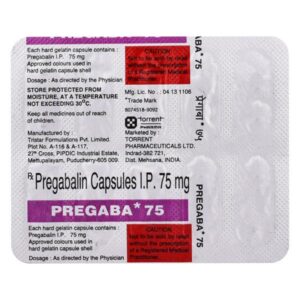PREGABALIN
PREGABALIN: Pregabalin is a medication that is primarily used to treat nerve pain, especially in conditions such as diabetic neuropathy, postherpetic neuralgia (pain after shingles), and fibromyalgia. It is also approved for the treatment of partial onset seizures in adults with epilepsy. Pregabalin is sold under the brand name Lyrica.
The exact mechanism of action of pregabalin is not fully understood, but it is believed to work by reducing the release of certain neurotransmitters in the brain that are involved in pain signaling. Pregabalin binds to calcium channels in the central nervous system, which reduces the release of various neurotransmitters, including glutamate, noradrenaline, and substance P. By modulating the release of these neurotransmitters, pregabalin helps to reduce the abnormal electrical activity in the brain that can lead to seizures and attenuate the transmission of pain signals.
The dose of pregabalin varies depending on the condition being treated. For neuropathic pain, the usual starting dose is 150 mg per day, which is gradually increased up to a maximum of 600 mg per day. For fibromyalgia, the recommended dose is 300 mg to 450 mg per day. In the case of partial onset seizures, the typical starting dose is 75 mg twice daily or 50 mg three times daily, which can be increased up to 600 mg per day.
Like any medication, pregabalin can cause side effects. Common side effects may include dizziness, drowsiness, dry mouth, blurred vision, weight gain, and difficulty concentrating. More serious but rare side effects may include allergic reactions, swelling of the extremities, muscle pain or weakness, difficulty breathing, and mood changes such as depression or anxiety. Pregabalin may also cause withdrawal symptoms if stopped abruptly, so it is important to taper off the medication under the guidance of a healthcare professional.
It is worth mentioning that pregabalin has the potential for abuse and dependence, especially in individuals with a history of substance abuse. Consequently, it is classified as a Schedule V controlled substance in the United States.
As with any medication, it is essential to consult with a healthcare professional before starting or stopping pregabalin, as they can provide personalized advice and monitor for any potential interactions or adverse effects.


